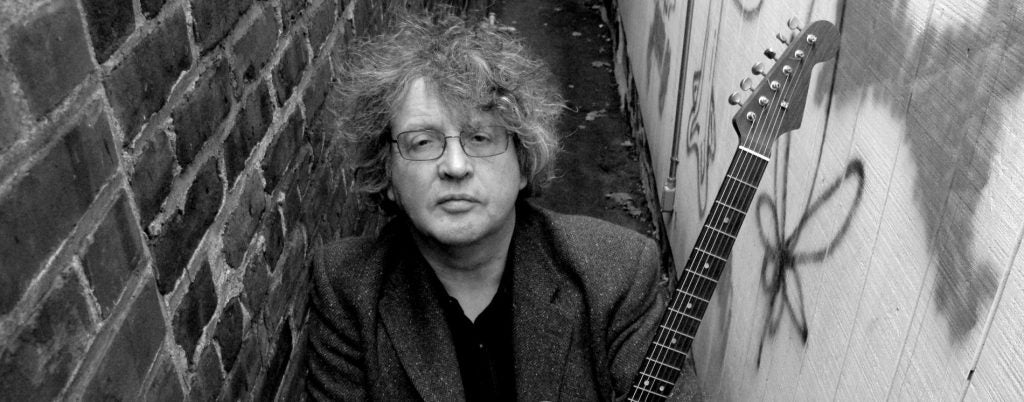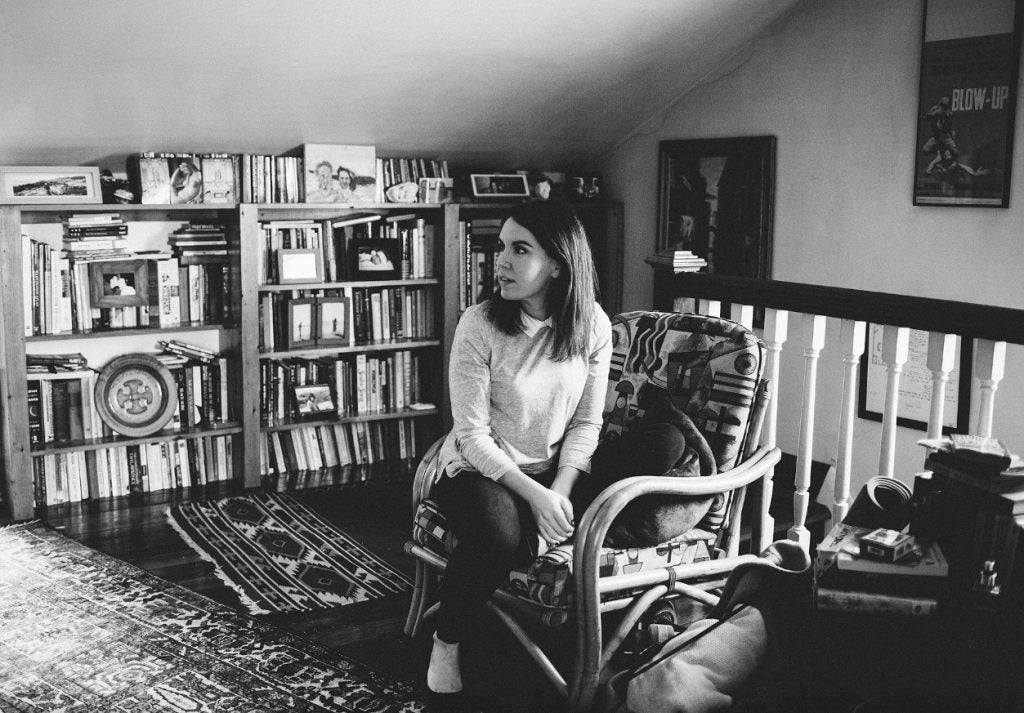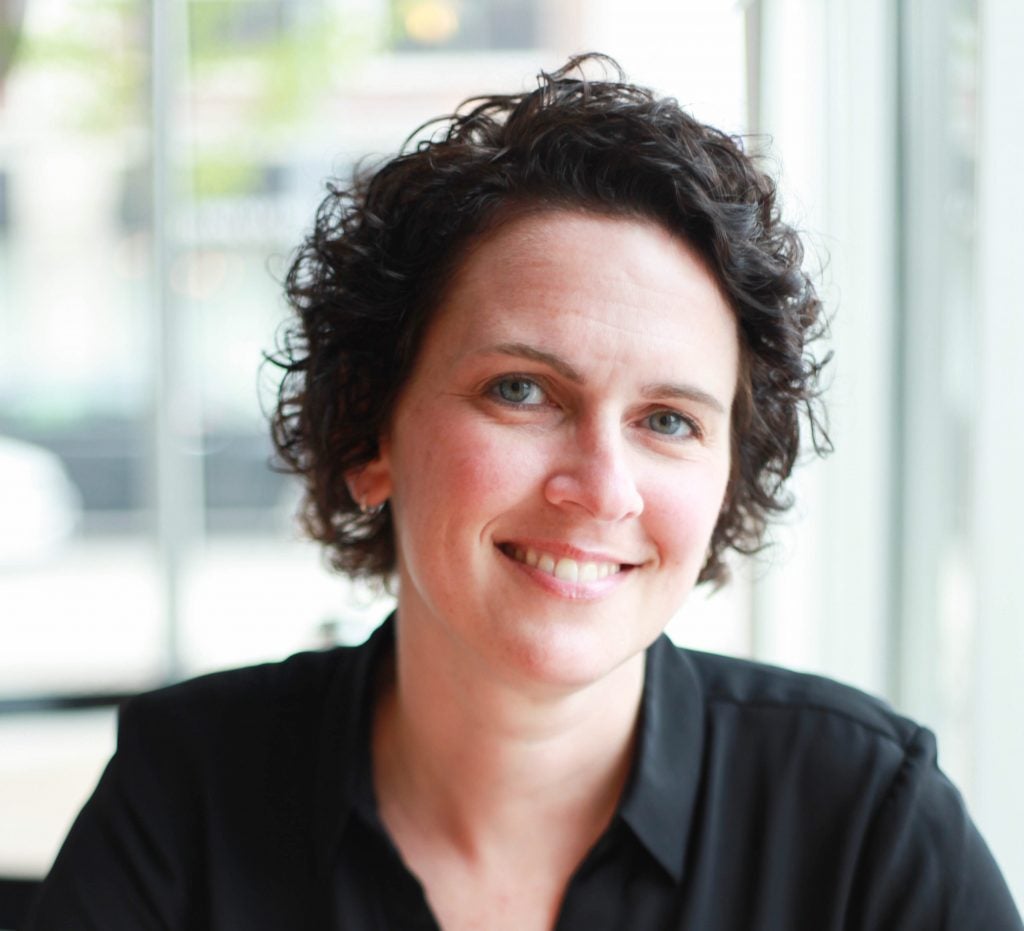“Where the Hell Did My Memory Go?” An Interview with Lori Racicot
“When working with or caring for someone with health or memory issues, the situation is often variable and fluid, and can change without warning. Caregivers need to be flexible. That’s how I approached this series of paintings: fluid and flexible, while using a variety of techniques to make marks on the paper.”
“Where the Hell Did My Memory Go?” An Interview with Lori Racicot Read More »
“When working with or caring for someone with health or memory issues, the situation is often variable and fluid, and can change without warning. Caregivers need to be flexible. That’s how I approached this series of paintings: fluid and flexible, while using a variety of techniques to make marks on the paper.”







